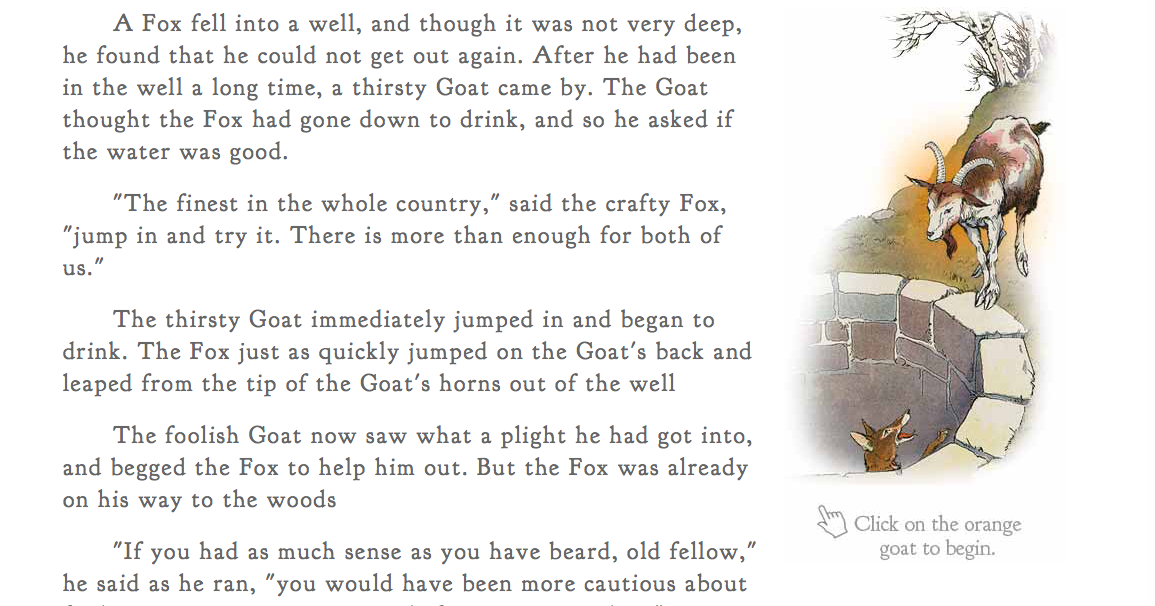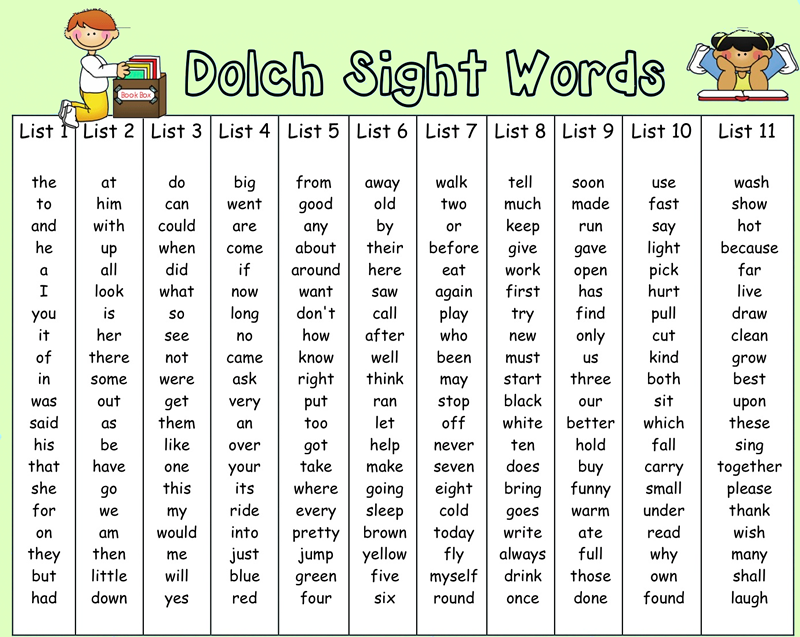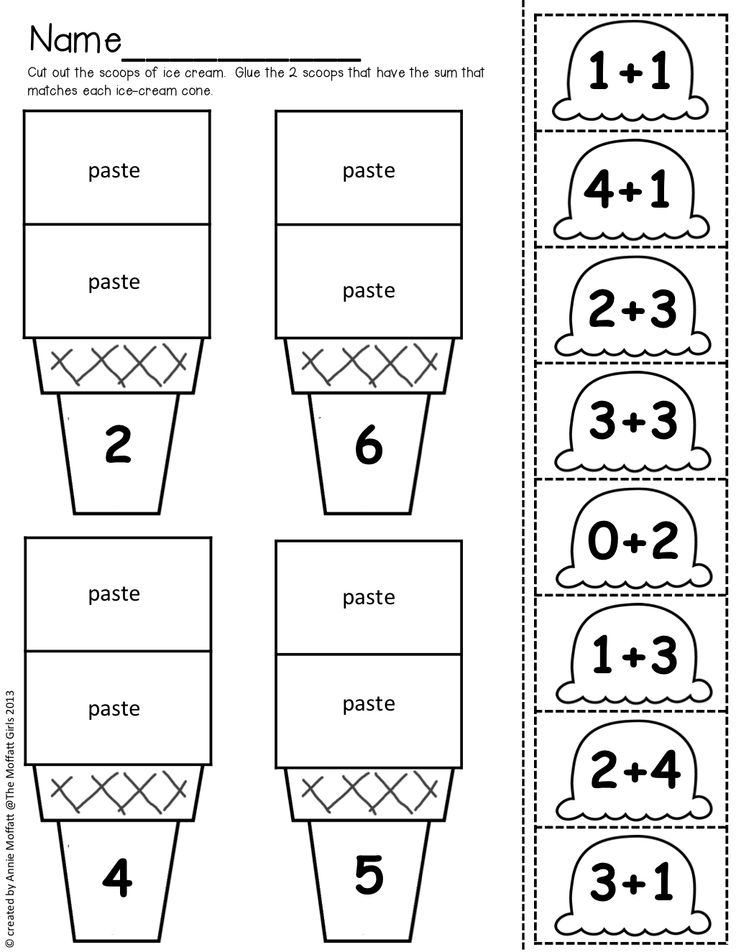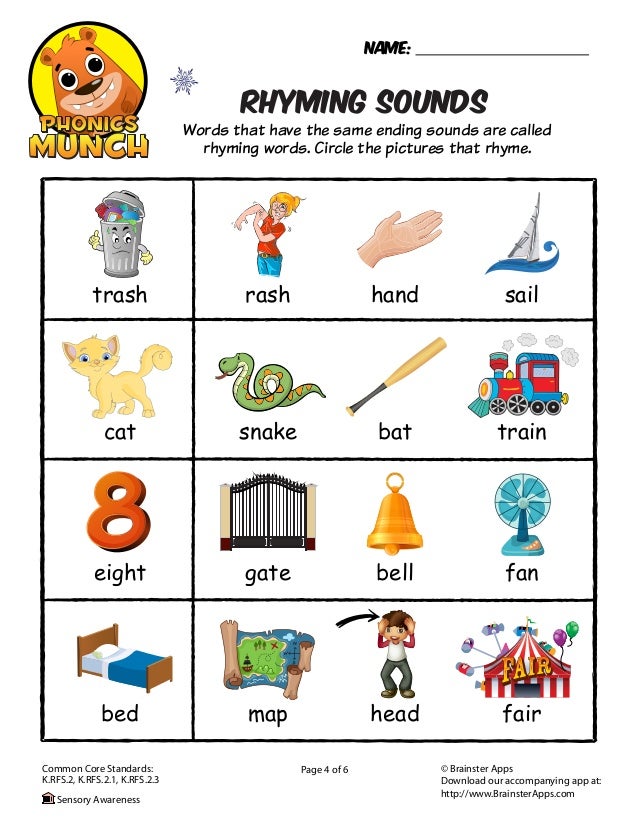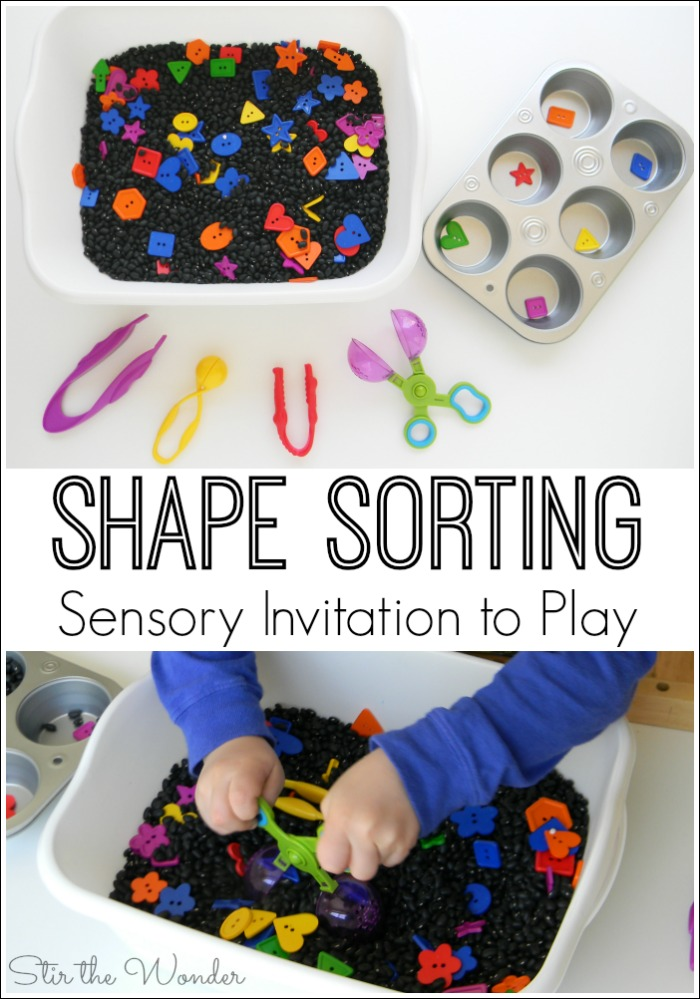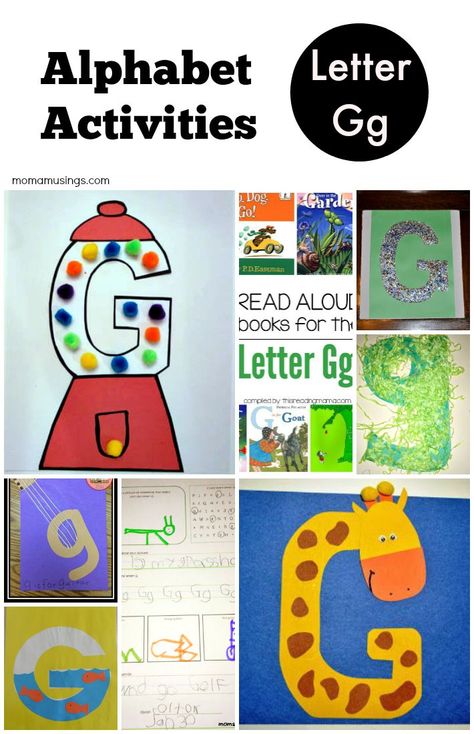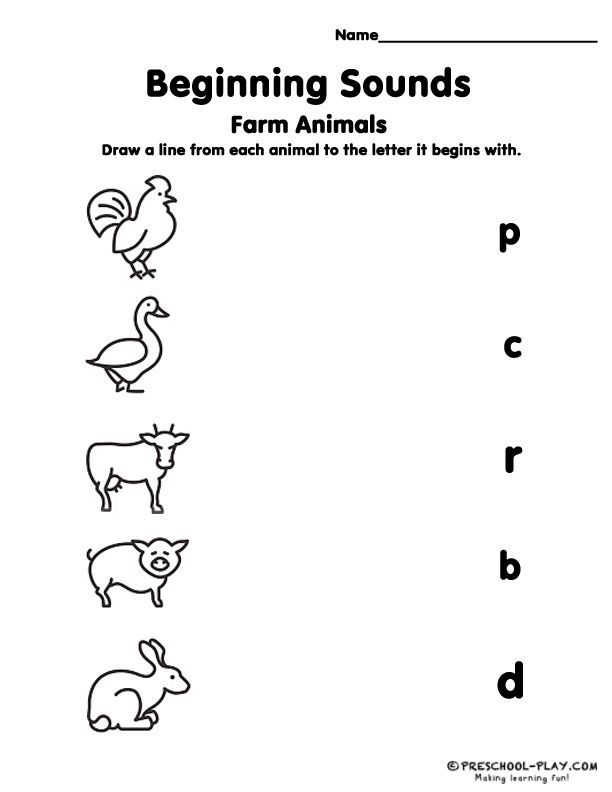Baby rhymes story
Nursery Rhymes, Books, and Felt Stories for kids
Beloved nursery rhymes such as "Jack and Jill," "Little Miss Muffet," "Hickory, Dickory, Dock," and "Baa, Baa, Sheep," have been cherished by children for generations. Their silliness, their rhyme and repetition make them fun for children to listen to and recite. Nursery rhymes are also a great tool to practice phonemic awareness and phonics skills.
Jack and Jill
(Traditional Nursery Rhyme)
Jack and Jill went up the hill,
To fetch a pail of water.
Jack fell down and broke his crown,
And Jill came tumbling after.
Up Jack got,
and home did trot,
As fast as he could caper,
To old Dame Dob,
who patched his nob
With vinegar and brown paper.
Jack Spratt
(Traditional Nursery Rhyme)
Jack Sprat could eat no fat,
His wife could eat no lean,
And so between the two of them,
They licked the platter clean.
Little Bo Peep
(Traditional Nursery Rhyme)
Little Bo Peep has lost her sheep,
And can't tell where to find them.
Leave them alone, and they'll come home,
Wagging their tails behind them.
Little Jack Horner
(Traditional Nursery Rhyme)
Little Jack Horner sat in the corner,
Eating his Christmas pie,
He put in his thumb and pulled out a plum,
And said "What a good boy am I!"
Old King Cole
(Traditional Nursery Rhyme)
Old King Cole was a merry old soul,
and a merry old soul was he.
He called for his pipe in the middle of the night,
And he called for his fiddlers three.
Every fiddler had a fine fiddle,
and a very fine fiddle had he.
Oh there's none so rare as can compare
With King Cole and his fiddlers three.
The Queen of Hearts
(Traditional Nursery Rhyme)
The Queen of Hearts
She made some tarts,
All on a summer's day.
The Knave of Hearts
He stole those tarts,
And took them clean away.
The King of Hearts
Called for the tarts,
And beat the knave full sore.
The Knave of Hearts
Brought back the tarts,
And vowed he'd steal no more.
| And the Dish Ran Away with the Spoon | Dimity Dumpty: The Story of Humpty's Little Sister | Favorite Nursery Rhymes from Mother Goose | Hey Diddle Diddle |
| Pocketful of Posies: A Treasury of Nursery Rhymes | Richard Scarry's Best Mother Goose Ever | Sylvia Long's Mother Goose | The Completed Hickory Dickory Dock |
| My Very First Mother Goose | Hickory, Dickory, Dock: And Other Favorite Nursery Rhymes | Baa Baa Black Sheep | Old King Cole |
Little Miss Muffet
Little Miss Muffet
sat on a tuffet,
eating her curds and whey.
Along came a spider
who sat down beside her,
and frightened Miss Muffet away.
Bow-Wow
"Bow-wow," says the dog.
"Meow-meow," says the cat.
"Grunt-grunt," says the hog,
and "squeak," goes the rat.
"Buzz-buzz", says the bee.
"Tweet-tweet," says the jaya.
"Caw-caw," says the crow.
"Quack-quack," says the duck.
And what the cuckoo says, you know!
Litte Jack Horner
Little Jack Horner
sat in a corner
eating his holiday pie.
He stuck in his thumb
and pulled out a plum
and said, "What a lucky boy am I!"
Baa, Baa, Black Sheep Nursery Rhyme
"Baa, Baa, Black Sheep
havy you any wool?"
"Yes sir, yes sir,
three bags full.
One for my master.
One for my dame.
And one for the little girl
who lives down the lane."
The Old Woman Who Lived in a Shoe
There was an old woman
who lived in a shoe.
She had so many children,
she didn't know what to do.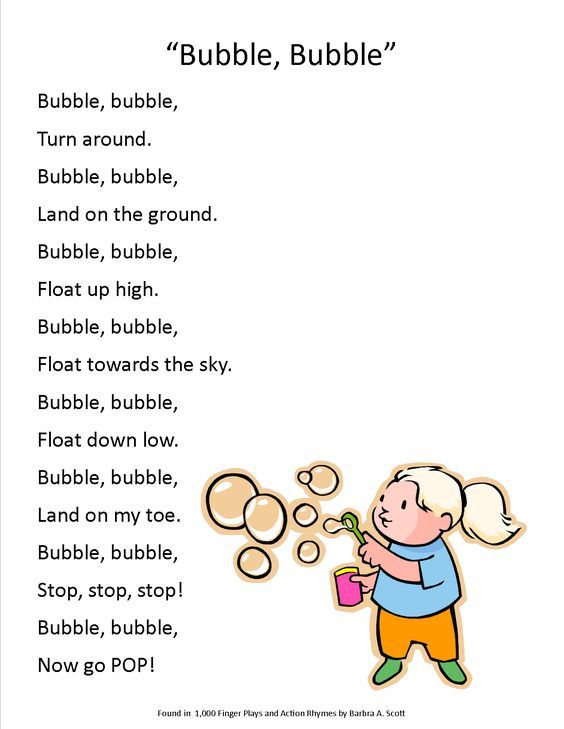
She gave them some broth
along with some bread,
then hugged them all soundly
and sent them to bed.
Little Boy Blue
Little Boy Blue
come blow your horn.
The sheep's in the meadow.
The cow's in the corn.
Where is the young boy
who looks after the sheep?
He's under a haystack
fast asleep.
Will you wake him?
No, not I,
for if I do,
he is sure to cry.
View also our preschool and kindergarten nursery rhymes activities and crafts
Preschool Activities:
Media Root
Children's Songs Fairy Tales & Nursery Rhymes
These sections contain more than just the words/lyrics. Each section has free printable coloring pages, craft ideas, puppets, felt board characters, word wall word worksheets, picture crossword puzzles and other activity sheets to go with the songs, rhymes and stories!
[Fairy Tales] [Nursery Rhymes] [Songs] [Videos]
- Aesop's Fables (Greek)
- Aladdin and the Wonderful Lamp (Middle East)
- Beauty and the Beast (French)
- Bremen Town Musicians (German)
- Cinderella
- Emperor's New Clothes (Danish)
- Frog Prince
- Gingerbread Man
- Goldilocks and the Three Bears
- Greek Mythology
- Hansel and Gretel (German)
- Jack and the Beanstalk
- Little Mermaid (Danish)
- Little Red Hen
- Little Red Ridinghood (French)
- Marie and the Orange Fish (African)
- Molly Murphy and the Scorched Leprechaun (Irish)
- Moon Maiden (Japanese)
- Puss in Boots
- Rapunzel
- Rumpelstiltskin (German)
- Seven Voyages of Sinbad (Middle East)
- Shakespeare Stories (British)
- Sleeping Beauty
- Small Abdul and the Caliph's Daughter (Muslim)
- Snow White and the Dwarves
- Stone Soup
- Three Little Pigs
- Thumbelina (Danish)
- Ugly Duckling (Danish)
- A Tisket, A Tasket
- Baa, Baa Black Sheep
- Daffy Down Dilly
- Donkey, Donkey Old and Gray
- Five Busy Honey Bees
- Five Green Shamrocks
- Five Little Chickens
- Five Little Ducks
- Five Little Fishies
- Five Little Monkeys Jumping on the Bed
- Five Little Owls
- Five Little Pumpkins
- Five Little Snowflakes
- Hey Diddle Diddle
- Hickory Dickory Dock
- Humpty Dumpty
- I Had a Little Nut Tree
- I See the Moon
- Jack and Jill
- Ladybug, Ladybug Fly Away Home
- Little Bo Peep
- Little Boy Blue
- Little Jack Horner
- Little Miss Muffet
- Man in the Moon
- Mary, Mary Quite Contrary
- Old King Cole
- Old Mother Hubbard
- Owl and the Pussycat
- Peter, Peter Pumpkin Eater
- Pussycat, Pussycat where have you been?
- Sing a Song of Sixpence
- Star Light, Star Bright
- This Little Chick
- Three Blind Mice
- Wise Old Owl
- Baby Bumblebee
- B-I-N-G-O
- Bullfrog Song
- Butterfly Song (bible)
- Crocodile Song
- Farmer in the Dell
- Five Green and Speckled Frogs
- Going on a Lion Hunt
- Hand Washing Song
- Here Comes Peter Cottontail (Easter)
- If You Should Meet an Elephant (four seasons)
- Itsy Bitsy Spider
- Jesus Song
- Mary Had a Little Lamb
- Mr.
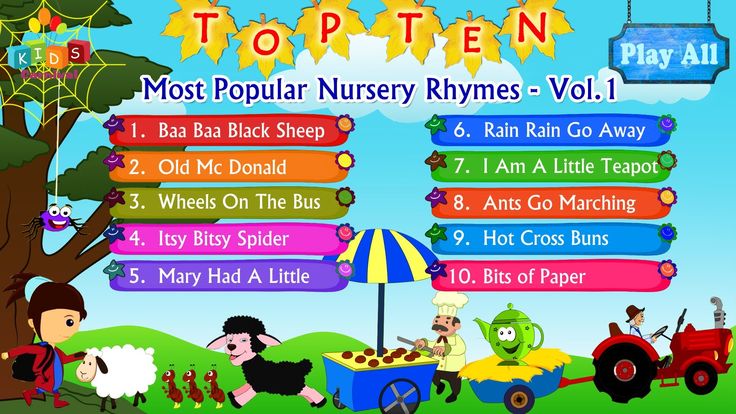 Sun
Sun - Old MacDonald Had a Farm
- Penguin Song
- Six Little Ducks
- Squirrel Song
- Teasing Mr. Crocodile
- Twinkle Twinkle Little Star
- Wheels on the Bus
You may also enjoy our nursery rhyme themed online jigsaw puzzles.
Try nursery rhyme picture bingo cards or fairy tales picture bingo cards.
Children's poems by "adult" authors
Publications of the Literature section
* Poets of the Silver Age wrote not only complex and serious texts, but also children's poems. Someone - to confess their love to their children, and someone - for the sake of a guaranteed fee. The Kultura.RF portal re-read the lyrics and found among their works poems about trams, cats and toys.
Osip Mandelstam
Osip Mandelstam in his youth. Photo: magisteria.ru
Osip Mandelstam did not have children of his own, but this did not stop him from writing several poems for young readers. His "adult" poems were not published, but poems for children were paid well. Mandelstam wrote children's poems at 1925-1926 in St. Petersburg.
His "adult" poems were not published, but poems for children were paid well. Mandelstam wrote children's poems at 1925-1926 in St. Petersburg.
His wife Nadezhda Mandelstam recalled: “Of his books, he loved the ones that were written in this way: “Primus” and “Kitchen” ... There are short rhymes like sayings, sayings. Fried eggs - a rhyme. I forgot to turn off the faucet in the kitchen - a rhyme ... We cooked kissel - again an event and an occasion for a rhyme. They turned out to be lively and funny” .
One of the most famous poems of the poet is "Two Trams". This is the story of how tram Tram was looking for his lost cousin Click. nine0003
Two trams lived in the park:
Click and Tram.
They went out together
In the morning.
A beautiful street, the mother of all trams,
Likes to blink electricity cheerfully.
Beautiful street, mother of all trams,
Sent sweepers to sweep the rails.
For a long time Mandelstam was a banned author, but in 1956 he was posthumously rehabilitated - today all the poet's children's poems have been published.
Konstantin Balmont
Konstantin Balmont. Photo: magisteria.ru
In 1901 Konstantin Balmont and his second wife Ekaterina Andreeva-Balmont had a daughter, Nina. It was to her in 1905 that the poet dedicated his only children's collection Fairy Tales:
Sunny Ninika, with bright eyes -
This bouquet of thin blades of grass.
You will amuse yourself with fairy tales,
Then you will flash your green eyes at me, —
I don't want dewdrops in them.
The evening is far away, and we will meet before evening
We are many, gnomes, and fears, and snakes,
Mind you, don't be afraid - and if
Tears light up, I'll complain to the Fairy.
And here is what Chukovsky wrote for his son Kolya
In an article about Balmont’s work, the poet Valery Bryusov wrote: “In Fairy Tales, the spring of Balmont’s creativity again beats with a clear, crystal, melodious stream.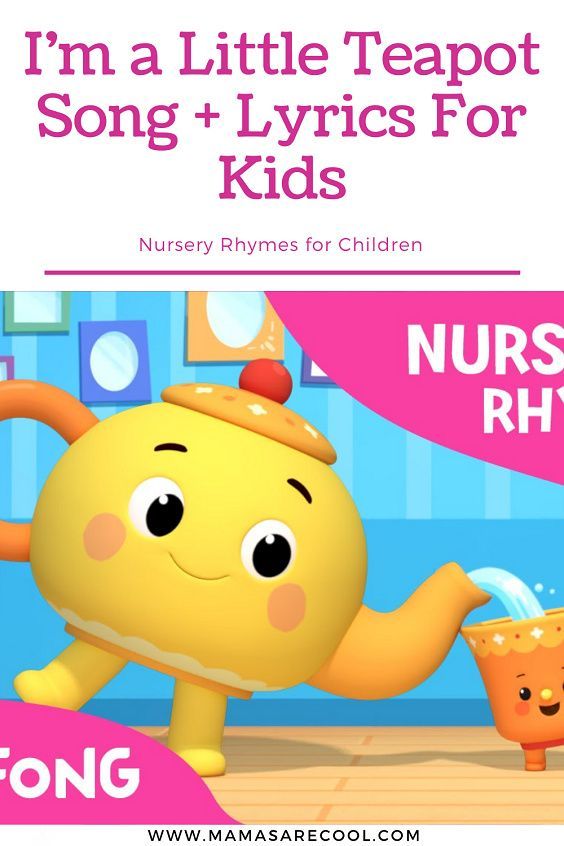 In these "children's songs" everything that is most valuable in his poetry came to life, what was given to it as a heavenly gift, in which is its best eternal glory" .
In these "children's songs" everything that is most valuable in his poetry came to life, what was given to it as a heavenly gift, in which is its best eternal glory" .
Maria Moravska
Maria Moravskaya. Photo: open library.rf
Maria Moravskaya wrote poetry, prose and critical articles, translated the works of Polish, Finnish, Czech authors into Russian. Today, her name is not widely known, but at the beginning of the 20th century, Moravskaya visited the literary circles of Vyacheslav Ivanov, was a member of Nikolai Gumilyov's Poets' Workshop, and was a regular at the Stray Dog. It was published in "Apollo", "Modern World", "Russian Thought". Moravska also wrote for children - in the journals "Path" and "Galchonok" her poems were published under the pseudonym "Riki-Tiki". At 19In 14, the children's collection "Orange Peel" was released - the poetess dedicated it to her younger brothers and sisters. One of the poems from this collection was taken for the "ABC in Pictures" by the artist Alexander Benois.
Who are you? Velvet bear?
Hy and sleep in peace!
And I want to have
Something alive.Tired of all the dolls,
My tricky train.
Like a squirrel in a wheel,
The wagons are spinning.The clockwork chick squeaked
So disgustingly subtle...
Put everything away,
Give me a kitten!!!
Boris Pasternak
Boris Pasternak. Photo: rosphoto.com
In Pasternak's rich literary heritage, there are only two poems addressed to children - "Carousel" and "Menagerie". They were written for the little son Yevgeny and published in 1926 and 1929 as separate books. These publications with illustrations by Nikolai Kupreyanov (The Menagerie) and Nikolai Tyrsa (The Carousel) soon became bibliographic rarities: new publications of Pasternak's children's poems appeared only in the 21st century. nine0003
The maple leaves rustled,
It was a wonderful summer day.
On a summer morning out of bed
No one is too lazy to get up.
Daniil Kharms
Daniil Kharms. Photo: bessmertnybarak.ru
Daniil Kharms, a member of the Literary Association of Real Art - OBERIU, got into children's literature thanks to Samuil Marshak. In the 1920s, Marshak became the editor of the children's magazine "New Robinson" and the head of the children's editorial office of Detizdat; he invited Daniil Kharms and other Oberiuts to his team. nine0003
His works were published in the magazines "Hedgehog", "Chizh", "Cricket" and "October". Among Kharms' children's books are "Naughty Traffic Jam", "About how Kolka Pankin flew to Brazil, and Petya Ershov did not believe in anything", "Firstly and Secondly". Harms not only wrote children's poems, but also performed with them in pioneer camps, and also translated works for children of foreign authors.
Lived in the world
Boy Petya,
Boy Petya Pinchikov.
And he said:
Aunt, aunt,
Give me, aunt,
Pancakes.
But Aunt Petya said:
Petya, Petya Pinchikov!
I don't like it when children
Beg for pancakes very much.
Vladimir Mayakovsky
Vladimir Mayakovsky. Photo: okultureno.ru
Mayakovsky wrote his first children's poem in 1918 and continued to write for young readers all his life. Among the most famous works are "Children's", "What is good and what is bad?", "The Tale of Petya, the fat child, and Sim, who is thin." In one of the interviews, Mayakovsky said: "I set myself the goal of instilling in children some of the most elementary ideas about society, doing this, of course, in the most careful form" .
There were
Sims with Petya
Sims with Petya
There were children.
Petya 5,
A Sime 7 -
And 12 together to everyone.
Sasha Cherny
Sasha Cherny. Photo: wikipedia. org
org
The poet Sasha Cherny became famous as the author of satirical feuilletons. He was published in Almanac and Sovremennik, Satyricon and Modern World. The first children's collection was published abroad, in emigration: from 19For 20 years, Sasha Cherny lived in Europe. There he created "Children's Island". In a letter to Alexander Kuprin, the poet said: “Still, I would like to cook up something else for children: they are completely weaned from the Russian language here, there are few children’s books, and it is also possible and necessary to write for them ...”
Read Sasha Cherny's poems
Sasha Cherny wrote a lot for children and published children's works by other authors: Vasily Zhukovsky, Ivan Turgenev, Anton Chekhov. During the period of emigration, he published a fairy tale in verse "The Dream of Professor Patrashkin", translated German fairy tales, and republished his earlier books. nine0003
Why are you squeezing a duck?
He is a baby, and you are a big one.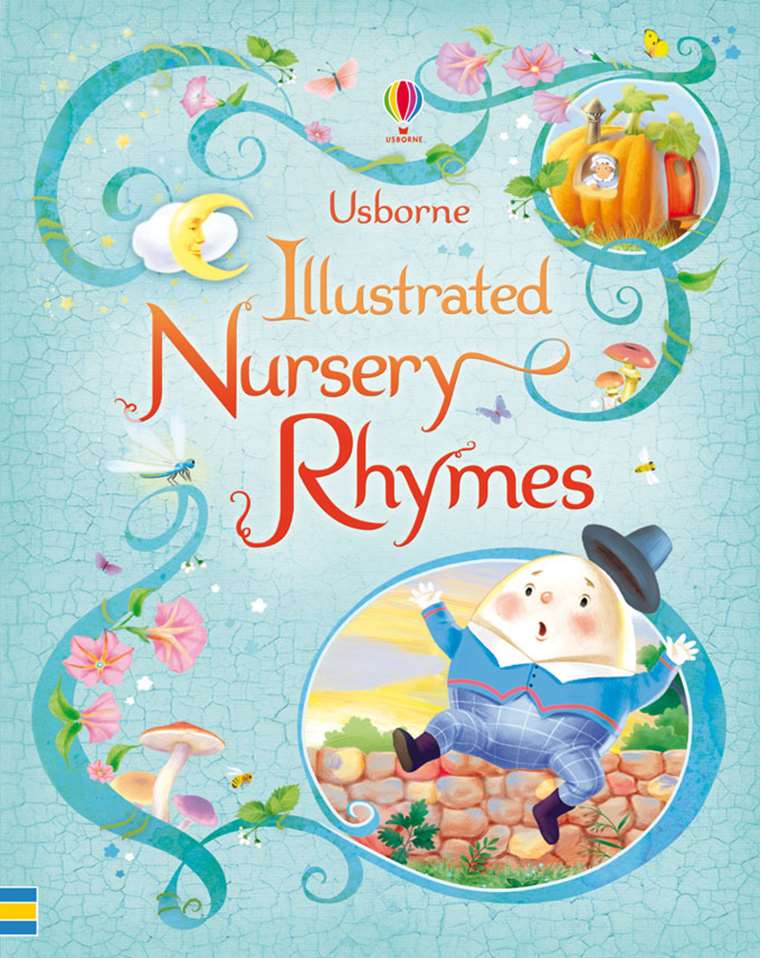
Look, with his head up,
He rushes away with all his soul...
Imagine such a thing -
If a fat hippopotamus
Wanted to play with you out of boredom
Would you like to play in your turn?
I would take you tightly in the paw,
I would begin to lick with my tongue,
Wow, what would you call dad,
And kick and scream!
The boy's paws are no joke,
Squeeze a little - and kaput. nine0022
Author: Lidia Utyomova
Tags:
Quotes and aphorismslife of writersChildren's booksPoetryPublications of the Literature section
Where did the famous nursery rhymes with black humor come from? | Bulletin of History
There is hardly a single Russian-speaking person born in the second half of the 20th century who has never heard sadistic rhymes. For example: "A little boy found a machine gun, no one lives in the village anymore. " Or: “Children in the basement played Gestapo: the plumber Potapov was brutally tortured.” It is generally accepted that sadistic rhymes appeared around the 70s of the XX century. Usually the protagonists of sadistic rhymes were little boys or girls. Very often, the heroes of sadistic rhymes either died a painful death, or were injured. nine0003
" Or: “Children in the basement played Gestapo: the plumber Potapov was brutally tortured.” It is generally accepted that sadistic rhymes appeared around the 70s of the XX century. Usually the protagonists of sadistic rhymes were little boys or girls. Very often, the heroes of sadistic rhymes either died a painful death, or were injured. nine0003
It turns out that sadistic rhymes have been around for centuries. The first sadistic poems appeared in 1845 and were written in German. They were written by the Frankfurt psychiatrist Heinrich Hoffmann for his son. It was a collection of ten poems. It was called "Struwwelpeter", which means "Sloppy Peter" in German. This collection was one of the first children's picture books in history.
Heinrich Hoffmann The rhymes in Struwelpeter were intended for children to learn that pranks do not lead to good. The heroes of the Struwelpeter initially misbehaved and received very cruel punishments as a result. So, little Kaspar refused to eat soup - and on the fifth day he died of exhaustion, and Paulinchen, left alone at home, played with matches, not listening to the warnings of two cats, as a result, Paulinchen burned to death, only a pile of ash remained from her.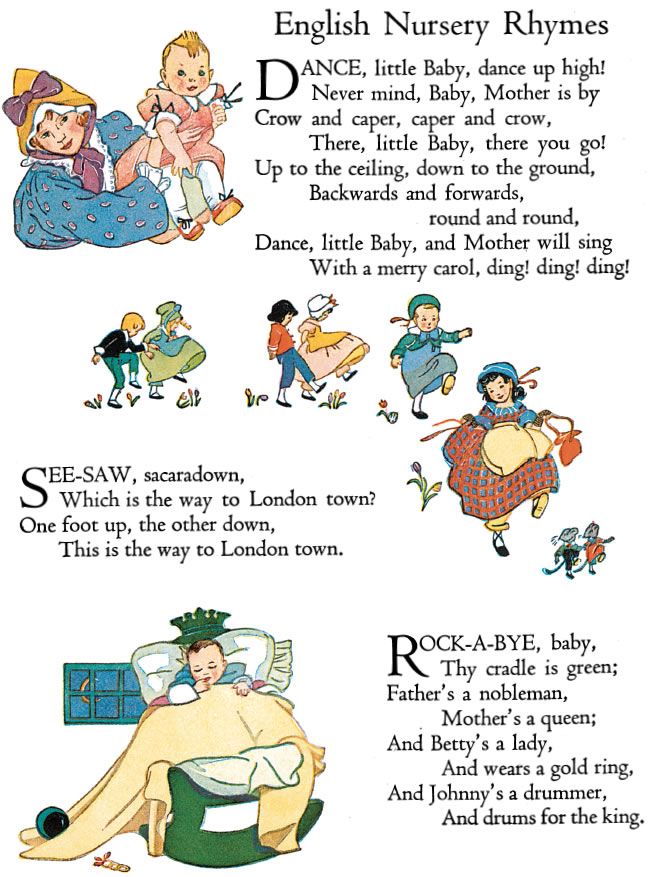 nine0003
nine0003
Hoffmann's collection gained popularity. It became the source of many imitations and parodies, it was translated into different languages of the world. In Russia, "Struvelpeter" became "Stepka-rastrepka".
The first translation of the book was published in 1849 without a publisher, and then in 1857 it was republished by the publishing house of M. Wolf. By 1917, this book had been reprinted many times. But after 1917, the Struwelpeter was forgotten. The book has not been republished for almost a hundred years, with the exception of some poems.
In Styopka-rastrepka, the characters have Russian names. So, Paulinchen became Katenka, Hans the Rotose turned into Andrey, but Kaspar, who refused to eat for a long time, retained his German name. In the Russian translation, Kaspar became Fritz. nine0003
The book caused a mixed reaction in society. Russian artist, decorator, critic and stage designer Alexander Nikolaevich Benois mentioned in his memoirs that the book was "rejected by specialists as anti-pedagogical.

